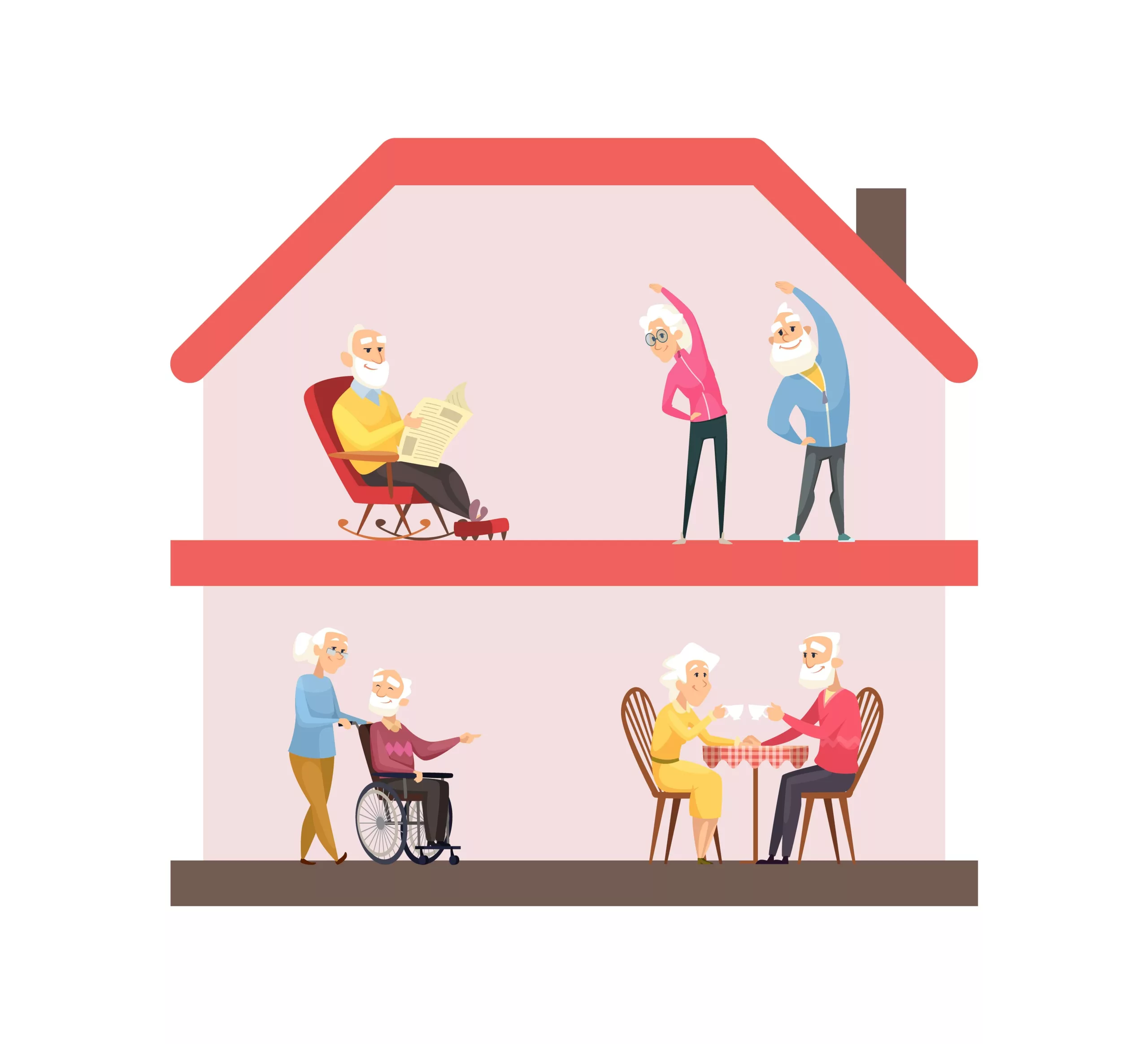The decision to transition into a care home marks a significant life change for individuals and their families. While the focus often centers on the practical aspects of care, such as medical needs and physical comfort, emotional preparedness is equally crucial for a smooth transition. Emotional well-being plays a pivotal role in adapting to care home living, fostering a sense of belonging, and enhancing overall quality of life. Below are the tips for emotional preparedness for care home living.
Understanding the Emotional Landscape

Entering a care home can evoke a myriad of emotions, which can range from anxiety and fear to sadness and uncertainty. Taking notice of these feelings is the first step towards emotional preparedness. Individuals and their families must understand that these emotions are natural reactions to change and should be embraced rather than suppressed.
Open Communication
Effective communication is the cornerstone of emotional preparedness. Before the move, families should engage in open and honest discussions, addressing concerns, expectations, and fears. Involving the resident in decision-making empowers them, fostering a sense of control over their own life. Regular communication, both before and after the move, creates a supportive environment where everyone feels heard and understood.
Building a Support System
A strong support system is essential for emotional well-being in care homes. Encourage family and friends to maintain regular visits, phone calls, or virtual connections. These connections provide a sense of continuity and reassurance, helping residents feel loved and valued. Additionally, creating friendships within the care home community is equally vital, as shared experiences can create a supportive network among residents.
Embracing Change

Embracing change is a key component of emotional preparedness. Transitioning to a care home signifies a shift in lifestyle, routines, and independence. Individuals and their families should focus on adapting to the new environment, emphasizing the positive aspects and opportunities for growth. Establishing a daily routine within the care home can provide a sense of structure and familiarity, easing the emotional burden of change. The good news is that staff who work at care homes like this care home in Ascot are trained to help you adjust to your new surroundings.
Cultivating Hobbies and Interests
Maintaining a connection to your passions and interests is crucial for emotional well-being. Care homes often offer a variety of activities and programs that cater to diverse interests. Encourage residents to explore these opportunities, fostering a sense of purpose and fulfillment. Whether it’s art, music, gardening, or social gatherings, engaging in meaningful activities contributes to a positive emotional experience.
Addressing Grief and Loss

The move to a care home may be accompanied by feelings of grief and loss, particularly if it involves leaving a long-time home or the loss of certain aspects of independence. It’s essential to address these emotions with empathy and support. Care home staff should be trained to recognize signs of grief and provide counseling or support groups to help residents navigate this challenging aspect of transition.
Promoting Autonomy
Preserving a sense of autonomy is vital for emotional preparedness. Care homes should prioritize residents’ independence whenever possible, involving them in decision-making processes related to their daily lives. This empowerment contributes to a positive emotional state, fostering a sense of dignity and self-worth.
Conclusion
Emotional preparedness for care home living is a multifaceted process that requires open communication, a strong support system, and a proactive approach to change. By recognizing and addressing the emotional landscape associated with this transition, individuals and their families can enhance their overall well-being and create a positive living experience in a care home. Ultimately, nurturing emotional preparedness lays the foundation for a fulfilling and enriching chapter in a person’s life journey.

